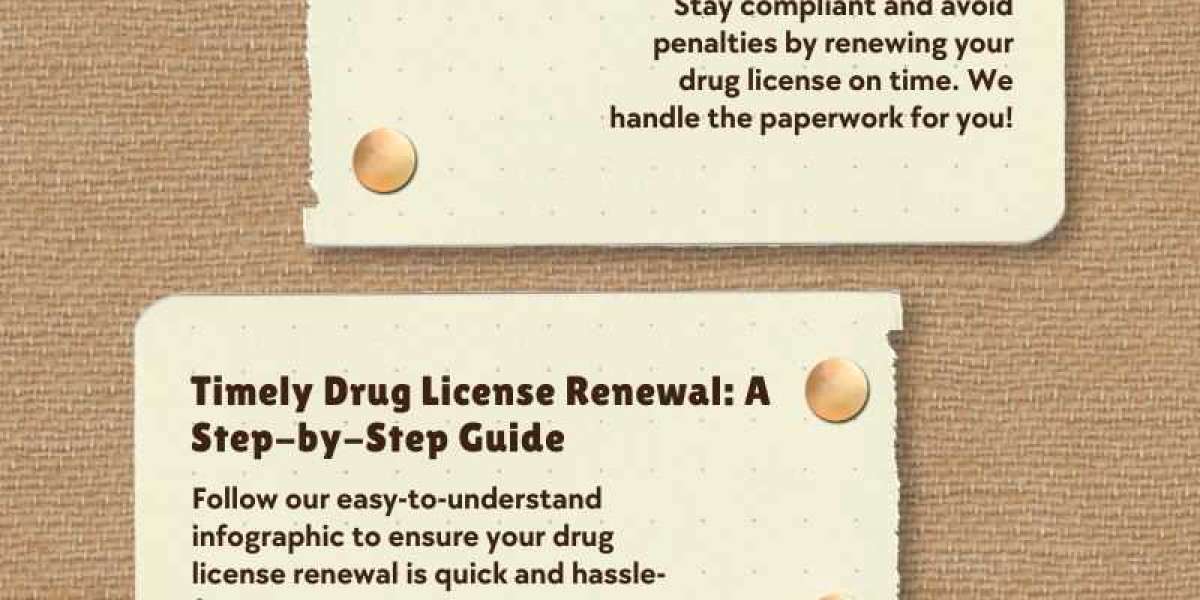1. Drug Manufacturing License (Form 25/28)
All pharmaceutical manufacturers must obtain a valid drug manufacturing license under the Drugs and Cosmetics Act, 1940. Depending on the product type—whether it is allopathic, ayurvedic, or a medical device—the relevant license (Form 25, 28, or others) must be secured from the respective State Licensing Authority (SLA) or the Central Drugs Standard Control Organization (CDSCO).
2. GMP Certification
Good Manufacturing Practices (GMP) certification is mandatory for pharma companies, ensuring quality assurance in manufacturing processes. Indian GMP guidelines are in sync with WHO-GMP, and in 2025, regulatory bodies are expected to increase the frequency and depth of inspections to ensure compliance with safety and hygiene protocols.
3. Import Export Compliance
Companies dealing in international trade must obtain the IEC (Import Export Code), RCMC (Registration-Cum-Membership Certificate), and follow compliance norms issued by DGFT. Pharma exporters also need to meet country-specific regulations such as US FDA, EMA (Europe), or WHO prequalification, depending on the destination markets.
4. Product Approval Registration
Before launching a new drug in the Indian market, it must be approved by the CDSCO. The approval process requires submitting detailed documentation, including clinical trial data, safety evaluations, and proposed labeling. For medical devices and biosimilars, additional registration under the Medical Device Rules, 2017 is mandatory.
5. Pharmacovigilance Requirements
With increasing focus on post-market surveillance, companies must establish a strong pharmacovigilance system to monitor and report adverse drug reactions (ADR). CDSCO mandates Periodic Safety Update Reports (PSURs), and companies are required to maintain dedicated pharmacovigilance teams.
6. Labeling and Packaging Standards
Pharmaceutical labeling must comply with Rule 96 of the Drugs and Cosmetics Rules. From active ingredients and dosage forms to manufacturing dates and warnings, every detail must meet the prescribed standards. As of 2025, QR codes for traceability and anti-counterfeit labeling are likely to become mandatory.
7. Environmental and Waste Management
Pharma companies are also under scrutiny from environmental bodies. Compliance with Bio-Medical Waste Management Rules and the requirement for Environmental Clearance from SPCBs (State Pollution Control Boards) is increasingly enforced to ensure eco-safe operations.
Agile Regulatory – Your Partner in Compliance
Navigating India’s complex pharmaceutical regulatory system requires precision, experience, and up-to-date knowledge. Agile Regulatory stands as a trusted partner for pharma companies, offering end-to-end compliance support—from licensing and GMP certification to product approvals and export documentation. With a dedicated team of experts and a client-focused approach, Agile Regulatory ensures that pharmaceutical businesses stay compliant, avoid costly delays, and focus on growth. In 2025 and beyond, let Agile Regulatory simplify your path through India's regulatory maze.
Conclusion
For pharmaceutical companies, 2025 presents both opportunity and regulatory challenges. Proactive planning, staying updated with evolving laws, and partnering with experienced consultants like Agile Regulatory will be key to sustainable success. Staying compliant not only protects your business but also builds trust in your products on a global scale.








